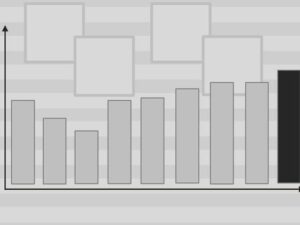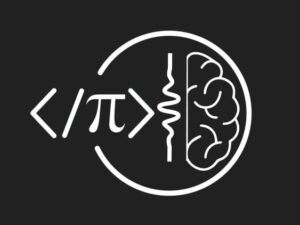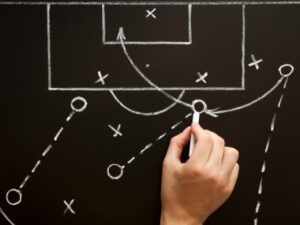Sport Psychology for Athletes
- Descrição
- Currículo
- FAQ
- Revisões
Are you interested in sport psychology? Maybe you’re an athlete or a coach looking for practical techniques. Or maybe a student or lifelong learner who loves sport.
If so, this is the course for you. It will provide you with a beginner-level grounding in the theory, but with a focus on practical application and how to use the techniques in your own life, whatever level of sport you play.
We won’t just be looking at slides, we’ll be out there exploring, with quizzes, workbooks and practical exercises to work through.
We’ll look at:
-
Motivation
-
Focus
-
Confidence
-
Stress & Anxiety
-
Mental imagery
-
Relaxation
-
Self-talk
-
Mindfulness
And much more!
Watch the video or check out our preview lessons to get a taste of what is inside the course.
If that sounds exciting, hit the “buy now” button to get started immediately. I can’t wait to see you inside the course!
-
9What is motivation?Vídeo Aula
Most of us want more motivation but what exactly is it? In this lesson, we will explore the difference and intrinsic and extrinsic motivation.
-
10How motivated are you?Vídeo Aula
Motivation is a matter of degree. It is not the case that we either have it or we don't, but rather to what level are we motivated.
-
11Reasons we lose motivationVídeo Aula
There are seven common reasons why we lose motivation:
Lack of progression
Conflict with other activities
Lack of fun
Boredom
Lack of playing time
Excessive pressure from others
Increased time commitment
-
12Avoiding boredomVídeo Aula
-
13Rediscovering motivationVídeo Aula
What do we do if we lose motivation? Using the structured interview presented in this lesson, you can explore your initial motivation and use it to build additional motivation resources in the present.
-
14Rediscovering motivation workbookTexto
-
15Can you be over-motivated?Vídeo Aula
While motivation is usually good, being too focused on a goal can lead to burn-out. What is burn-out and what do we do about it?
-
16Training schedulesVídeo Aula
-
17Training schedule templateTexto
-
18SummaryTexto
-
19Test your knowledgeQuestionário
-
20What is focus?Vídeo Aula
-
21Automation of skillsVídeo Aula
-
22Principles of effective concentrationVídeo Aula
-
23Why external focus is usefulVídeo Aula
-
24Practical concentration techniquesVídeo Aula
-
25Practical concentration suggestionsVídeo Aula
-
26Simulation trainingVídeo Aula
-
27SummaryTexto
-
28Test your knowledgeQuestionário
-
29What is confidence?Vídeo Aula
-
30Sources of confidenceVídeo Aula
-
31Bandura's model of confidenceVídeo Aula
-
32Adversity trainingVídeo Aula
-
33Adversity training exampleVídeo Aula
-
34Adversity training workbookTexto
-
35Hero daysVídeo Aula
-
36SummaryTexto
-
37Test your knowledgeQuestionário
-
38What is stress and anxiety?Vídeo Aula
-
39Causes of anxietyVídeo Aula
-
40Test your personalityTexto
-
41Test your perfectionismTexto
You can measure your level of perfectionism using the Short Revised Almost Perfect Scale (SAPS). This will ask you eight questions which you rate from extremely disagree to extremely agree.
You can try the questionnaire on the PsyToolkit website here.
Possible scores range from 4 to 28. Typically, athletes will score highly on this scale. So, if you score around 24, it indicates you have high levels of perfectionism, but don't worry too much because you are not alone.
Levels above this suggest excessive perfectionism.
-
42Self-awarenessVídeo Aula
-
43Example journalTexto
-
44How to reduce anxietyVídeo Aula
-
45Coping effectiveness trainingVídeo Aula
-
46Choking prevention trainingVídeo Aula
-
47Cognitive reappraisalVídeo Aula
-
48SummaryTexto
-
49Test your knowledgeQuestionário












